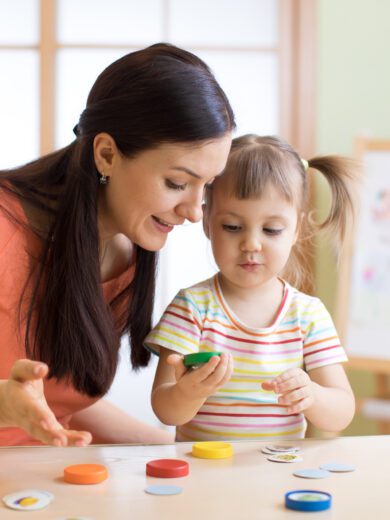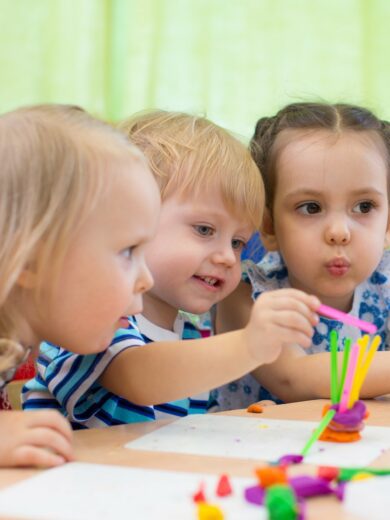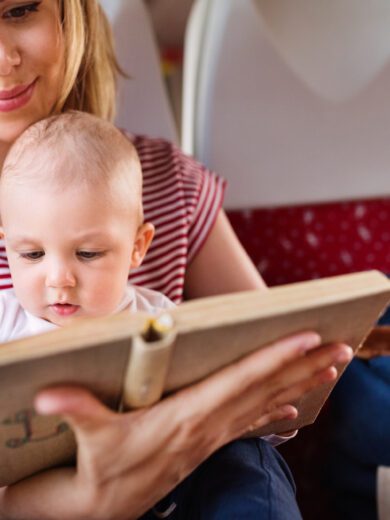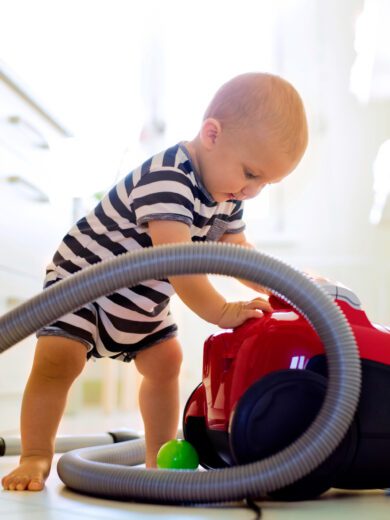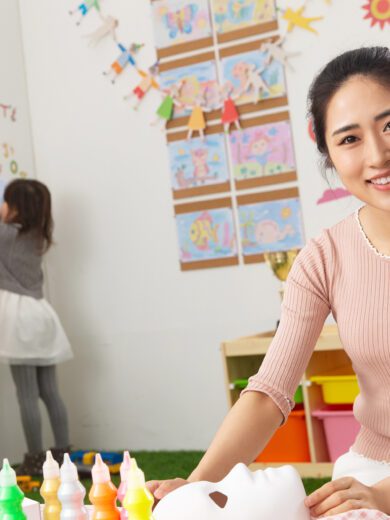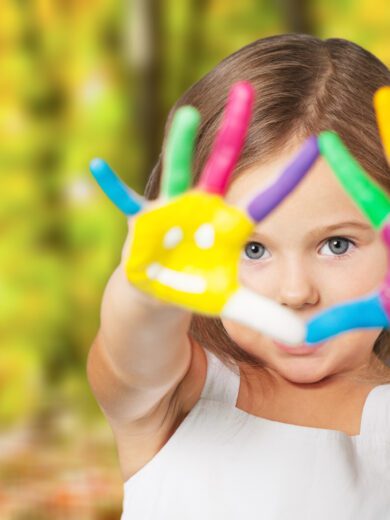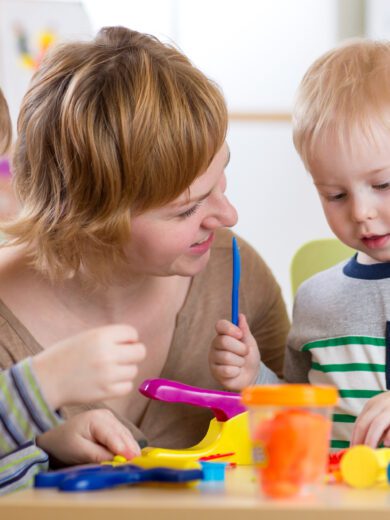
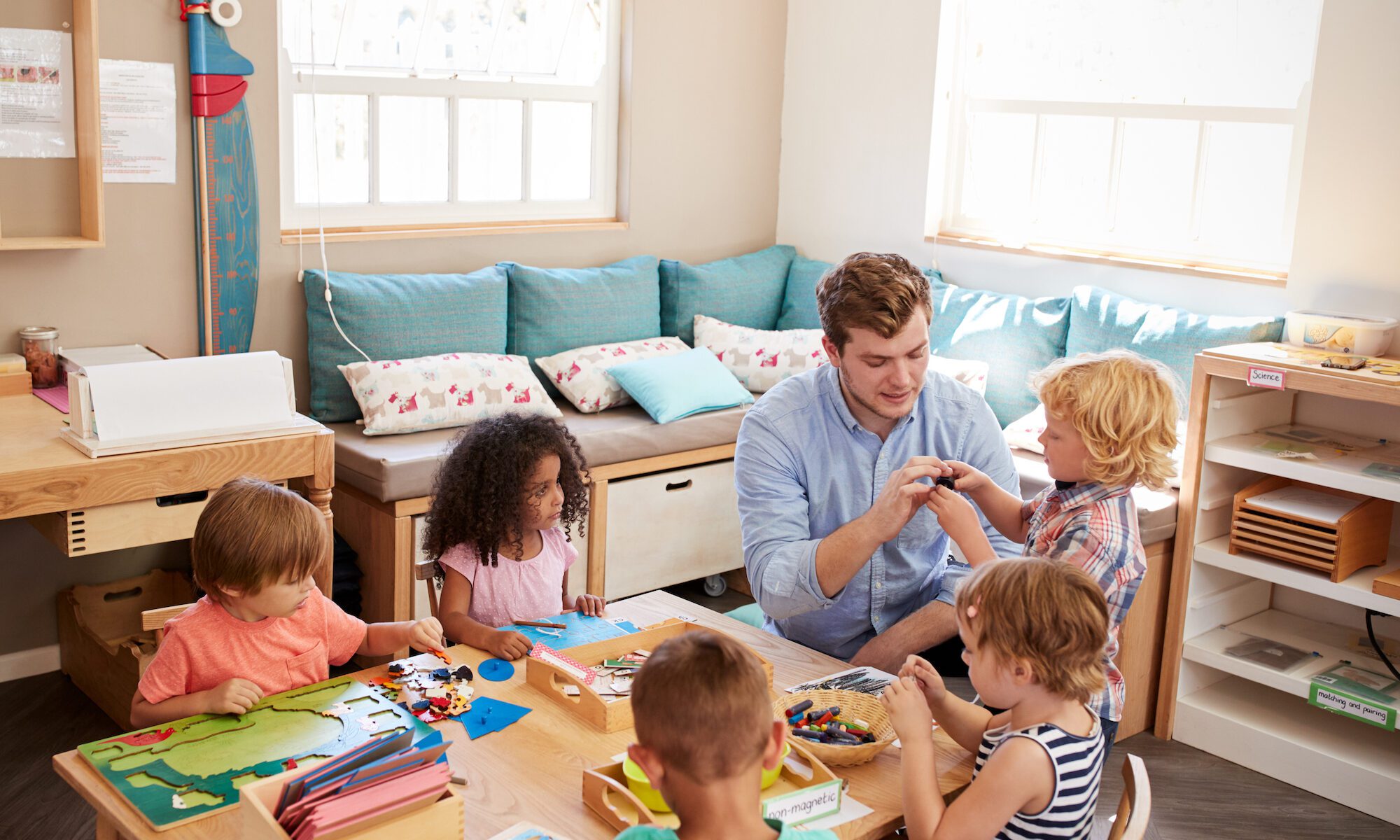
Evidence
The evidence is clear that optimal social and emotional development in the early years leads to individual and collective positive outcomes.
Evidence
Individual Outcomes:
- Improved mental health.
- Improved physical health.
- Greater academic success.
- Greater sense of overall wellbeing and happiness.
- Increased happiness
Collective Outcomes:
- An emotionally intelligent society
- Reduced rates of crime
- Reduced rates of unemployment
- Reduced rates of poor adult mental health
- Enhanced connections with friends and family
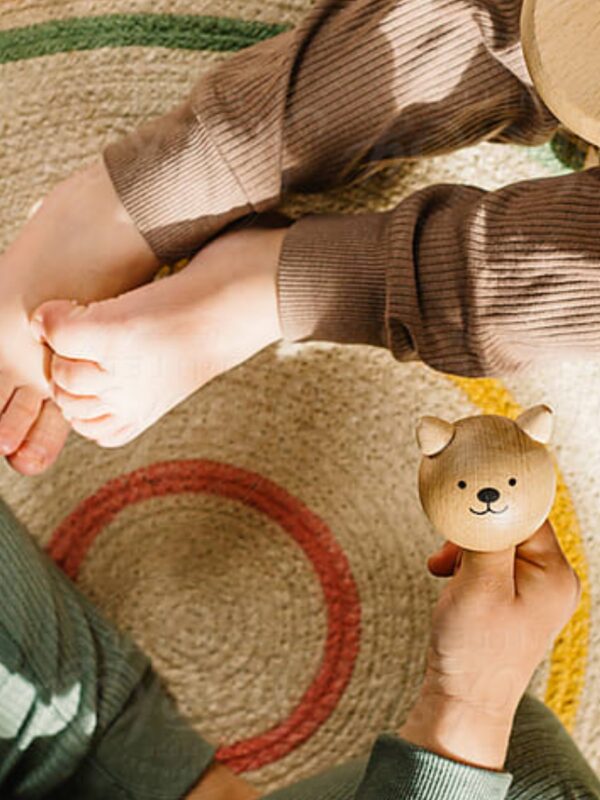
Years of attachment and neuroscience research has provided clear insights into the circumstances that must be present in a child’s life for the healthy development of social, emotional, language and communication skills.
Neuroscience places affect regulation and attuned adult / child interactions at the centre of healthy social and emotional development. This means the best way for children to develop their social and emotional skills is through purposeful and consistent interactions with the adults around them.
We know it can be hard to decide on what the best advice might be, especially when it comes to the important job educating from an evidence-based lens. That’s why we felt it was essential that we provided a space for everyone to access the research and evidence that forms the foundations of our programs.

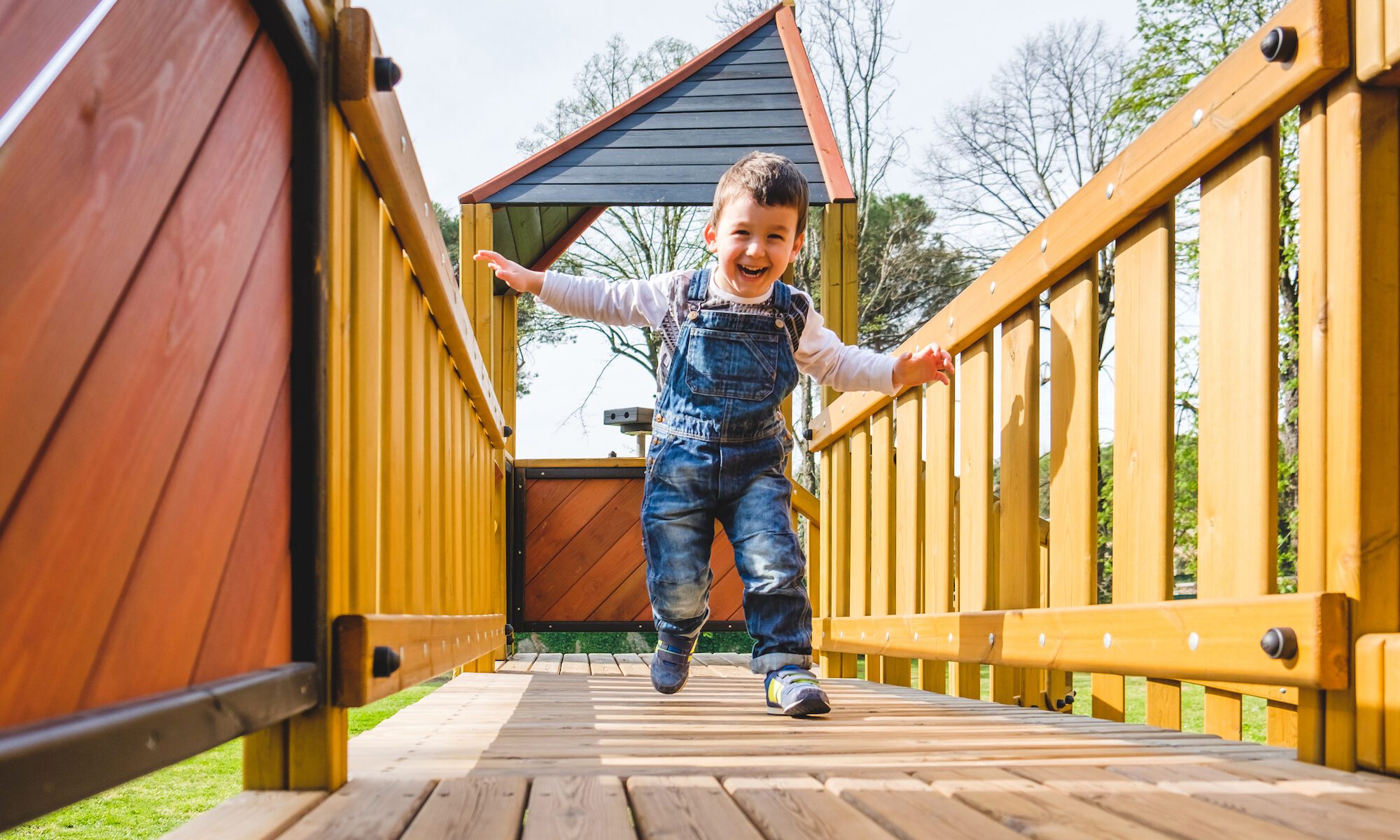
Ready to place social and emotional development front and centre? Let's work together.
Get in touch
